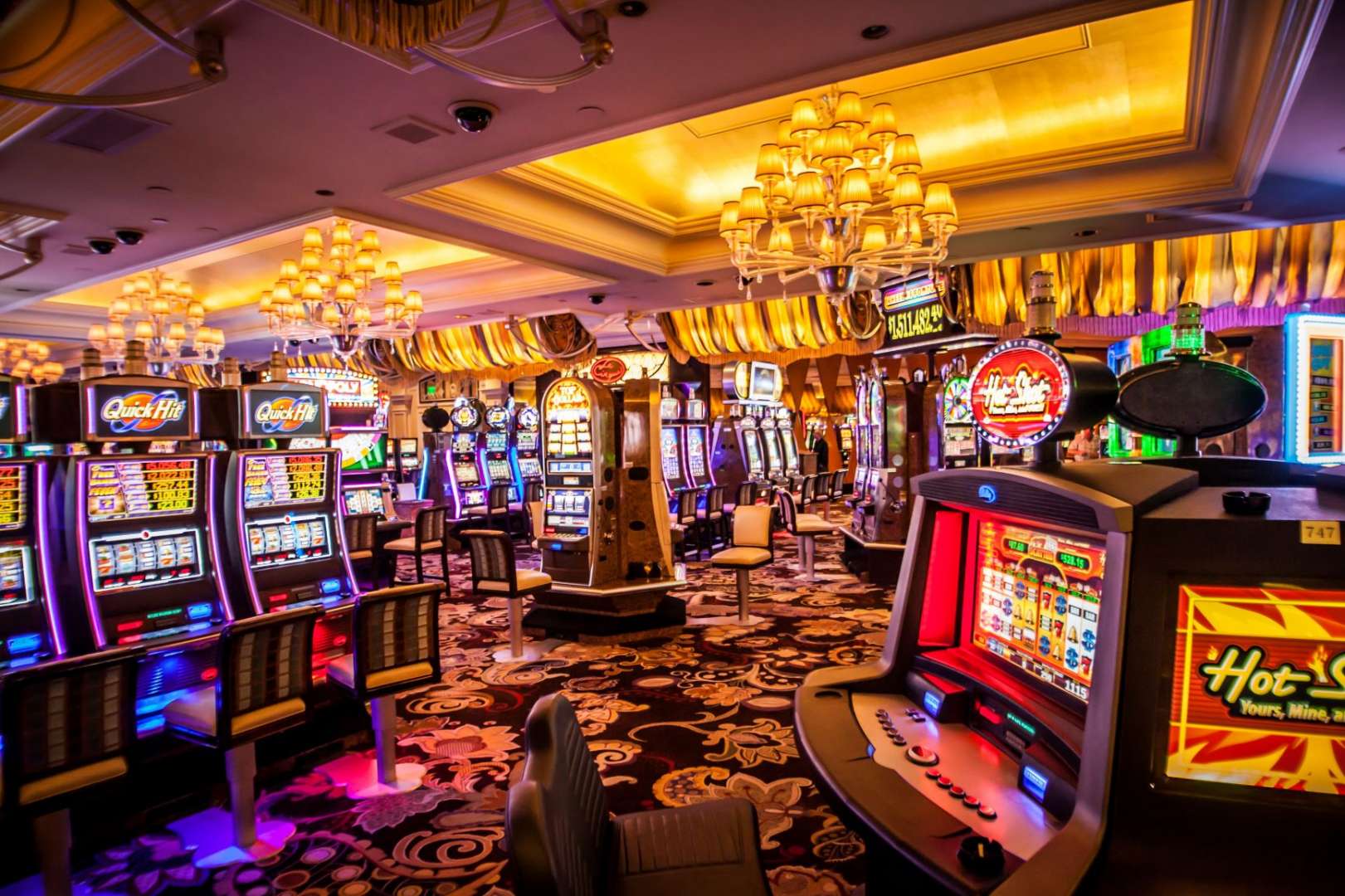
Gambling has been an integral part of human recreation for thousands of years, evolving through societies and eras to become the exciting casino games we know today. From the historical Chinese and Romans, who participated in different forms of gambling and luck, to the advanced gaming floors of contemporary casinos, the allure of gamble and winning has fascinated individuals across the globe. The transition from basic dice games and primitive betting setups to the extravagant settings of contemporary casinos reflects major strides in both cultural standards and technological.
As societies evolved, so too did the complexity of gambling activities, with casino games emerging as a distinct category of entertainment and thrills. These activities have evolved from informal gatherings centered around traditional tables to sprawling, lavish establishments designed to attract players. Today, we explore this captivating journey, studying how historical practices laid the foundation for the varied and exciting casino activities that bring pleasure to countless people worldwide.
spintax
Early Wagering Traditions
Wagering has deep roots in human history, with indications of activities of chance tracing back to ancient societies. Archaeologists have uncovered that as far back as 3000 BC, the ancient Chinese were using basic forms of gambling with dice made from ivory. Similarly, ancient Mesopotamians engaged in betting activities, often relying on the throwing of lots or dice to determine results. These early forms of gambling served not only as amusement but also played vital roles in social and cultural practices.
The Egyptians also were involved in gambling activities, with games that included betting on the results of various occurrences, including sports and religious festivals. non GamStop casinos 2025 Artifacts such as dice and depictions of players from ancient tombs illustrate that gambling was a frequent pastime. It provided both relaxation and a means of engaging in social interaction, often linked to joyful occasions or major gatherings. This behavior showed the universal appeal of chance and competition throughout history.
In ancient Rome, wagering became a prevalent practice among the citizens, as evidenced by references in literature and the establishment of guidelines around certain activities. Romans enjoyed a variety of gambling activities, from wagering on horse races to playing games similar to modern-day board games. The legal system surrounding these activities began to take shape, establishing the foundations for gambling regulations that would evolve in the centuries to come. The fame of gambling during this period set the stage for the development of gambling house games in the future.
The Evolution of Gambling Games
Gambling games have experienced significant transformations from their roots to the contemporary entertainment options. In historical civilizations, gaming was often linked to ceremonial practices, with games of dice found in the ancient Mesopotamian region and betting on the outcomes of events in classical Rome. These early forms of gambling laid the basis for the formal games we see today. The transition from informal gambling to systematic games took place as societies began forming rules and venues for wagering, reflecting cultural values and practices.
The Middle Ages saw the development of card games, which gained popularity among European nobility. Games like first and the game baccarat became essential components in social gatherings. The development of printing technology further enabled the spread of playing cards, making them more available to the common people. As gambling houses began to proliferate, these card games transformed into different forms that appealed to wider audiences, eventually leading to the founding of casinos as specialized venues for gaming.
The twentieth century marked a significant point in the evolution of casino games, with the rise of commercial casinos in Las Vegas and other gaming hubs. This era brought forth games like slot machines and modern variations of table games, complete with advanced graphics and complex betting structures. The arrival of online casinos in the tail end of the 1990s also transformed the gaming industry, allowing players to access a great variety of casino games from the convenience of their homes. Today, casino games go on to progress, blending traditional elements with advanced technology to create captivating experiences for players worldwide.
Contemporary Gaming Laws
In recent years, the environment of gambling regulations has changed substantially, especially as tech advances and internet-based gaming have become increasingly prevalent. Authorities around the world have introduced numerous regulations and guidelines to guarantee that gaming activities are conducted justly, responsibly, and openly. These regulations often encompass factors such as licensing, advertising, gambler protection, and sensible gambling measures. Authorities aim to minimize issues such as problem gambling and cheating while promoting a fair gaming environment.
The emergence of internet gambling sites has necessitated a different approach to oversight. Many legal areas have created dedicated internet-based gaming frameworks that serve internet-based gaming, enabling operators to offer their offerings within the law. These structures often require operators to secure permits, adhere to strict safety standards, and provide customer support options to help players. By vigilantly supervising internet activities, authorities can better protect players from risks and ensure that gambling is carried out in a secure manner.
Additionally, modern gambling laws are progressively focusing on responsible gaming initiatives. Many gaming establishments and internet-based platforms now implement features such as player exclusion, financial limits, and time-outs to help players control their gaming habits. Awareness campaigns aimed at raising awareness about the risks of gaming are also frequent. As the industry continues to grow, the emphasis on sensible gambling remains a cornerstone of regulatory efforts, showing a commitment to promoting a safe and enjoyable gaming experience for all gamblers.

